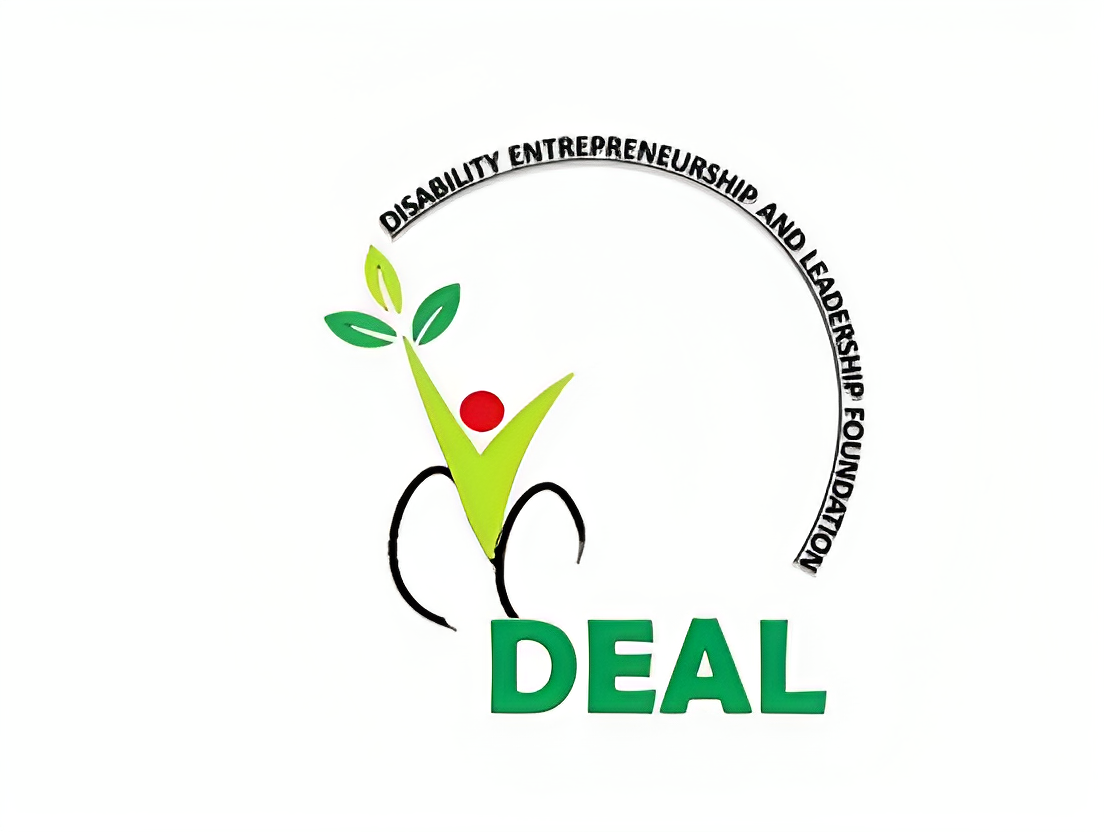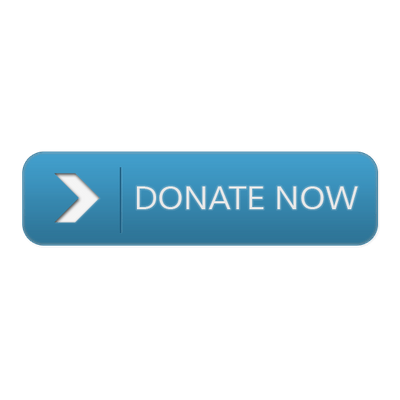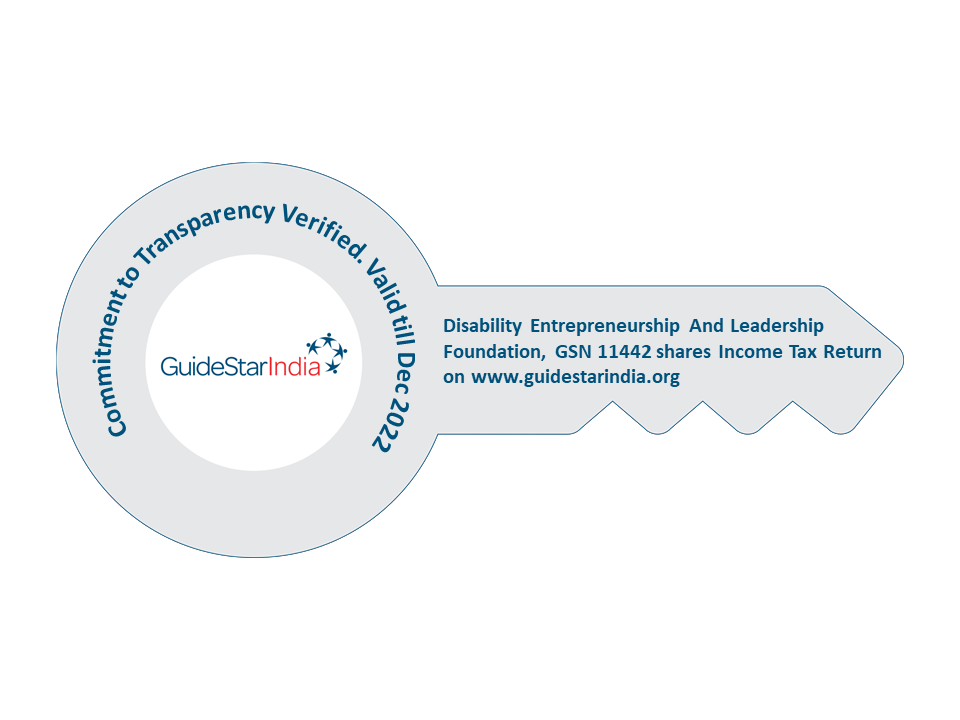Did you no that India constitutes 16 per cent of the world’s population, but the country has only four per cent of the world’s freshwater resources?
I’m certain that one would agree with me that is a major concern which needs to be addressed in the best way possible, one of which is rain water harvesting.
What is Rainwater Harvesting?
Rainwater harvesting is the storing of rainwater during the monsoon season for the purpose of using it during periods of water scarcity. Generally speaking, it is a process used for collecting and storing rainwater for human use. Rainwater harvesting is best described as the technique by which rain water is accumulated and stored with the intention of reusing it during the dry season or when there is a drought.
With rapid climatic changes, increase in global temperature and population growth, there is a scarcity of potable water in many countries across the world.
Rapid industrialization and disposing chemical waste into water-bodies leads to pollution of rivers, lake and water-bodies. This is a global problem and needs a speedy solution. The supply of fresh water in this planet cannot be increased. So an alternative method must be sought for. One such method is harvesting rainwater.
Rainwater harvesting is an easy and economical way to deal with this crisis. As men are becoming environment responsible, rain water harvesting is gaining popularity leading to eco-conservation and constructive use of natural resource. Falling water tables are widespread and most people in urban areas are dependent on bottled water which is neither cost-effective nor dependable.
The possibility of pollution cannot be completely ruled out. The question of water security is at present a major issue in many parts of the world. One way to deal with this crisis is to adopt rainwater harvesting.
Importance of Rainwater Harvesting:
- Rainwater harvesting or the collection of rainwater in a proper way, can be a permanent solution to the problem of water crisis in different parts of the world. This simple method can put forward a solution which will be workable in areas where there is sufficient rain but the groundwater supply is not sufficient on the one hand and on the other surface water resource is insufficient.
This is particularly applicable in hilly areas where it can be utilized for human consumption, by animals and also for farming. In remote areas, where surface pollution is comparatively low, rainwater harvesting is ideal. - Although the earth is three-fourths water; very little of it is suitable for human consumption or agriculture. Rainfall is unpredictable and there is a constant shortage of water in countries which are agriculture dependent or generally drought prone.
- A bad monsoon means low crop yield and shortage of food. Even animals suffer from scarcity of water. Africa and the Indian subcontinent face acute water crisis during the summer months. The farmers are the most affected because they do not get sufficient water for their fields. Rainwater harvesting therefore is an ideal solution for farmers who depend on monsoon for consistent water supply.
- Unavailability of clean water compels the consumption of polluted water, giving rise to water-borne diseases and high rate of infant mortality.
- If rain water, which comes for free, can be collected and stored, instead of letting it run off, it could be an alternative to back up the main water supply especially during dry spells. Its importance will not be limited to an individual family but can be used by a community as well.
The gradual falling of water levels, are a cause of serious concern not only because it leads to shortage of usable water but also because in coastal areas it causes imbalance in salinity of the area.
(Source: eartheclipse.com)
Disability Entrepreneurship And Leadership (DEAL) Foundation works across the districts of Gadag and Bengaluru to promote sustainable livelihood opportunities for persons with disabilities. We have also been undertaking some work on assisting persons with disabilities and their families during these troubled times of the pandemic.
To understand more, one could write to us at info@deal-foundation.com.


 Awarded by Guidestar India
Awarded by Guidestar India